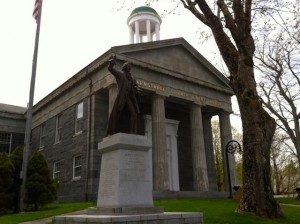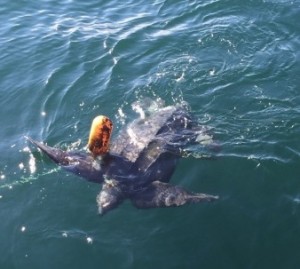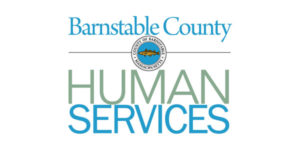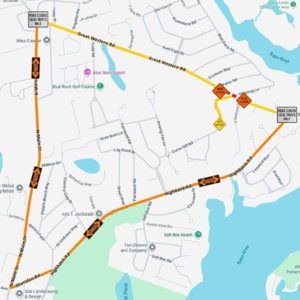
BOSTON – The Massachusetts Department of Environmental Protection is celebrating a new report on the impact of the DEP’s ban on commercial food waste disposal.
The regulation went into effect in 2014.
The report done by ICF International says the ban has created over 1,600 well-paying jobs and generated about a half-billion dollars in economic value and industry activity.
The disposal ban targets businesses and institutions that produce over half a ton of food waste weekly, including supermarkets, colleges, hotels, hospitals, nursing homes, restaurants, and food service providers. These entities must redirect their food waste from landfills to sustainable solutions such as food recovery services, composting, and anaerobic digestion, turning organic waste into renewable energy.
The number of facilities participating in food waste services has increased from 1,350 in 2014 to an estimated 4,150 by 2024.
“Massachusetts is a leader in reducing food waste,” said Governor Maura Healey. “Our state’s businesses and institutions have stepped up to innovate and reduce their waste, and this report shows that the long-term impacts are positive. Finding an alternative to throwing away good food is a boost for our communities, our economy, and our environment.”
“These results illustrate how our food waste ban is protecting the environment while helping businesses,” said MassDEP Commissioner Bonnie Heiple. “The food waste ban is a critical piece of our strategy to reduce waste. But it does so much more. The program lowers disposal costs, reduces methane emissions, creates clean energy, produces nutrient-rich fertilizer for our farms, supports jobs, strengthens the economy, and helps get good food to people in need. We’re proud of this success and excited to build on it.”
By Jim McCabe, CapeCod.com NewsCenter






















